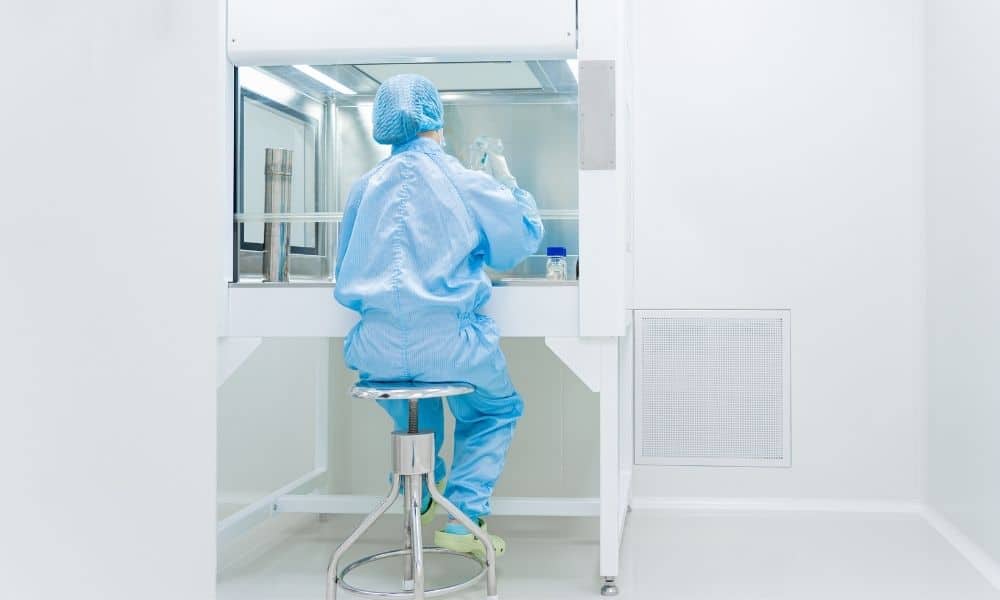Clean rooms are extraordinary tools across many industries, and they’re only becoming more and more vital for many commodities and processes. If you’re wondering if your business needs to invest in one, here’s what you need to know about clean rooms.
What Are Clean Rooms?
Clean rooms are specialized rooms within manufacturing plants or research facilities to protect against contaminants. They filter out dust, vapors, microorganisms, fibers, skin flakes, and other airborne particles. They also contain biological hazards in a single area. There are different levels of clean rooms, depending on how clean the environment needs to be for certain types of work. Clean rooms monitor and control the space’s temperature, airflow, and humidity.
Clean rooms are necessary for dealing with sensitive products or procedures. They eliminate the risk of damaged goods, contaminated samples, or inaccurate data. The central fact you need to know about clean rooms is that they allow people to maintain pristine environmental conditions to complete essential tasks.
How Do They Work?
There isn’t a secret formula to clean rooms. Industrial filters (such HEPA or ULPA filters) disinfect whatever air comes into the rooms. To maintain stable conditions, clean rooms continuously filter the air. Other times, the facility might discard the used air outside to limit the chance of contamination. Recent innovations in clean room technology include eco-friendlier spaces and use of robotics to maximize productivity and guarantee unceasing accuracy.
Where Are They Used?
Clean rooms are vital pieces of facilities across many industries. In particular, health care and manufacturing companies heavily utilize them. Clean rooms are also popular with research organizations, universities, the military, and in the automotive, food production, aerospace, and nano- and biotechnology industries. Essentially, any place that makes products that are sensitive to particles or airborne pollutants needs a clean room to preserve its creations’ integrity. Clean rooms are present wherever any sort of precise operation is happening.
Clean rooms create the conditions that manufacturing centers or research facilities need to work in the purest settings. Without them, we wouldn’t have many of the products and scientific advances we do now.







